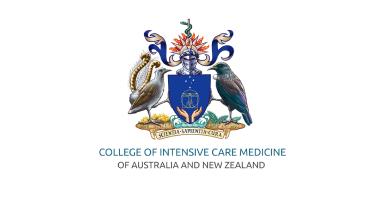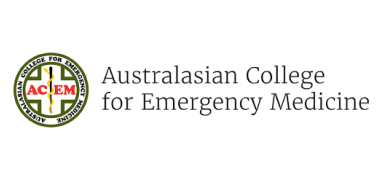about us
Sepsis Australia leads national efforts to prevent and reduce the burden of sepsis in Australia and coordinates efforts to tackle sepsis across our regions through the Asia Pacific Sepsis Alliance.
Embedded within The George Institute for Global Health, Sepsis Australia leverages leading scientific expertise, coordinates collaborative partnerships, and places people with lived experience of sepsis at the centre of our efforts to drive systemic change and improvements in early recognition and prevention, quality of care and support, and research led innovation.
As a key member of the Global Sepsis Alliance committed to implementing the World Health Assembly resolution on sepsis and the Global Sepsis Agenda 2030, Sepsis Australia leads the Stopping Sepsis National Action Plan for Australia. This plan is co-designed with consumers, academics and health professionals, and State, Territory and Commonwealth Government stakeholders to ensure that lived experiences shape national priorities and implementation of the plan leads to impact-driven reforms. This collective engagement underpins our work and ensures sustained impact through shared commitment and collaboration.
Sepsis Australia is not a stand-alone charity and does not have a dedicated funding source from government. While The George Institute provides infrastructure and operational support, funding is primarily obtained from successful research and sponsor partnerships, and the efforts of advocates and grassroots organisations, without which Sepsis Australia could not fulfill its mission.

Our Story
At the heart of Sepsis Australia is the Australian Sepsis Network (ASN) – a dedicated network focused on collaboration, cooperation, and co-design to combat the impact of sepsis. It is our collaborating partners in states and territories, professional organisations, clinical champions and our invaluable consumer partners that provide us with leadership and examples of best practice that we strive to leverage, emulate and propagate. That is key to success.
Sepsis Australia does not duplicate the efforts of its collaborating organisations but rather provides an avenue through which members can collaborate, better disseminate knowledge, raise awareness in the community, prevent sepsis and improve outcomes.

Our Mission
To reduce the burden of sepsis by:
- Advocating for early diagnosis and treatment of sepsis
- Raising awareness
- National coordination and collaboration
- Initiating and supporting quality improvement
- Partnering with survivors, loved ones and those bereaved
- Promulgating evidenced based best clinical practice for early recognition, detection, treatment and post sepsis care
- Delivering education, resources and building research capacity
Support survivors, loved ones and those bereaved of sepsis by:
- Informing and educating about sepsis and its consequences
- Advocating for coordinated acute care and post sepsis support
- Supporting community advocacy, engagement and support
Our Team
Sepsis Australia is hosted by The George Institute for Global Health which provides necessary infrastructure and in-kind operational support. Sepsis Australia is strategically managed by Professor Simon Finfer AO and operationally by Dr Brett Abbenbroek.
PROFESSOR SIMON FINFER AO

A/PROF NAOMI HAMMOND

DR BRETT ABBENBROEK

DR ASHWANI KUMAR


Maya Ophir-Verheyden

Our Work
Sepsis Australia works within the framework of the Stopping Sepsis National Action Plan that guides our overarching strategies and specific projects and activities aimed at improving sepsis recognition, treatment and support to reduce the burden of disease and promote optimal outcomes to ensure sepsis survivors, their families, carers and loved ones, and those families bereaved of sepsis can regain their best quality of life.
Research collaboration
Sepsis Australia prioritises collaborative research with academia, health services, professional organisations, industry, and consumers. We consider Consumer and Community involvement to be integral to sepsis research. We encourage you to reach out to us to discuss your research ideas.
Join us today to make a difference in the fight against sepsis
Together, we can raise awareness, drive research, and save lives.










